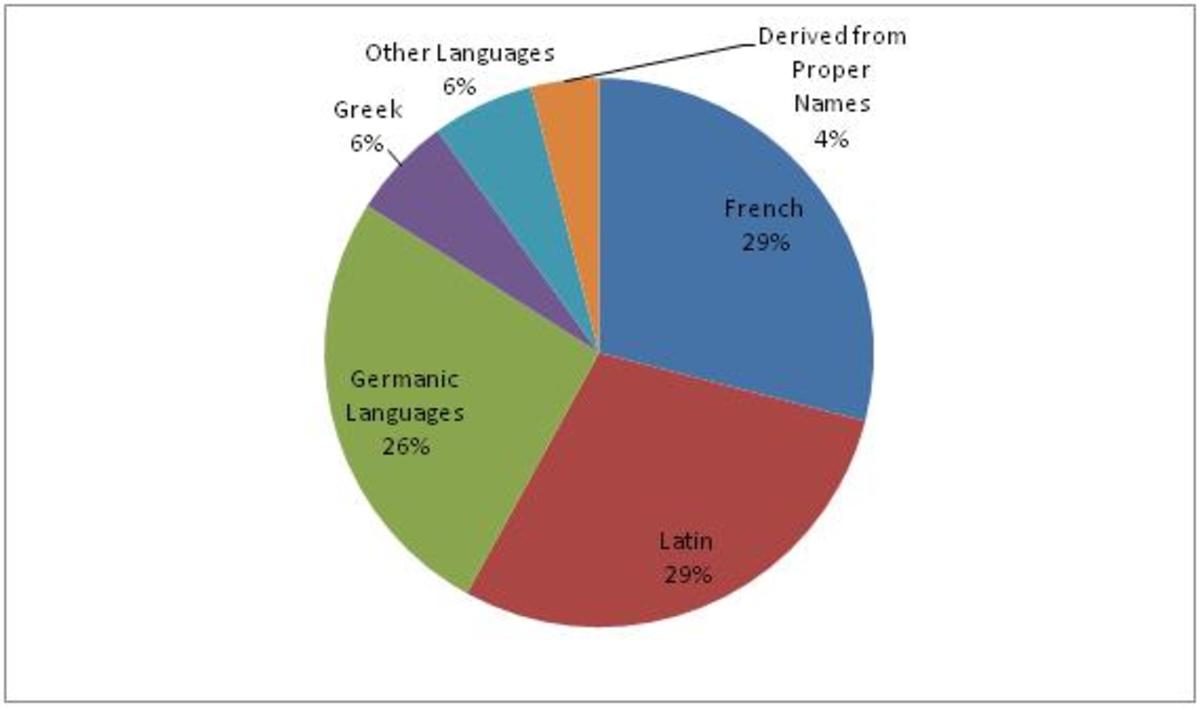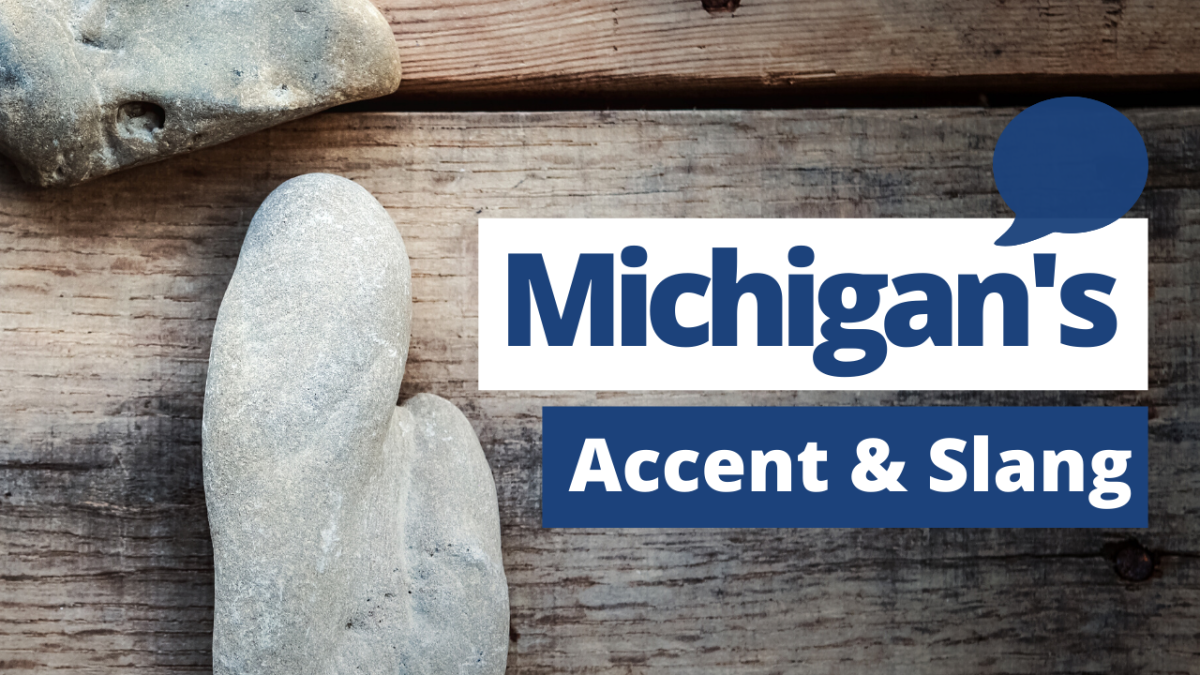Will We Ever Discover the True Reason Behind Language Isolates?

The question of language isolates is as old as time itself, and as difficult to answer as the origins of life. Alas, we may just find the answer to one of them soon...
Sadly, this isn't an article on how we will find the origins of life on Earth, no. But, this is an article on how we may still find the origins of language isolates...
What is a Language Isolate?
Before we can talk about how we might find the origins of language isolates, we first need to talk about what they are.
A language isolate is defined as "A currently spoken language, with no linguistic similarities to other languages"
This means that these languages have no similarities to other languages that surround it, nor do they share any similarities with any known language on the planet!
This means, that unlike English (that has roots in languages such as: French, German, Latin and Norwegian), these languages have none of that! They are essentially a language family all on their own!
Please note: There is a major difference between a language isolate and an unclassified language.
One is a language family all on its own, whilst the other is a language that can be classified into two or more language families, but causes controversy whenever it is classified!
Current Theories
There are an abundance of theories, both from reliable and unreliable sources. Many conspiracy theorists have their own theories as to the origins of language isolates, and even some large translation agencies have weighed in their own opinions!
There are currently four main theories:
- They aren't really isolates, this is a theory put forward by a lot of linguists. They claim that over time, due to wars long gone, the speakers of the other languages in that language family were wiped out. And due to the fact that these civilizations didn't write down their language, we have no way of knowing it existed!
- Language-merging, this is also put forward by a lot of linguists (and is the preferred explanation by a lot of translations agencies). They claim that several languages, likely three or four unrelated languages, were merged into one due to an external factor such as war. This would help to explain why some linguists claim the can see some words from other languages in a language isolate!
- Aliens, this is the preferred theory of conspiracy theorists. They claim that as we cannot see a clear resemblance between language isolates and other languages, that there must be an extraterrestrial element to it. Their main piece of evidence is a DNA test of Basque people that shows that they are the only people in the world to have a certain type of gene. This is allegedly 'proof' that Basques are aliens, and if not, the descendants of aliens from thousands of years ago!
- We already have their relatives, we just don't realize it. Due to the mystery surrounding language isolates, there have been huge archaeological digs in regions known for their language isolates, such as the Basque Country. This has led to the discovery of many ancient inscriptions written in an older dialect of Basque. Linguists theorize that this 'Old Basque' as it is known, is not an older version of Basque, but Basque's long-lost sister language!
Please note: there are literally thousands of theories as to the origins of language isolates, these are merely the four most known theories, my apologies if I have missed out your theory (be sure to share that with me in the comments below!)
How Will We Find the Origins of Language Isolates?
Many people claim that without a time machine, discovering the origins of language isolates is futile, or just plain impossible!
However, this assumption is purely and assumption (and just plain wrong too!)
Whilst it is unlikely that we will find the answer in the next twenty years or so, we might just find the origins! This is through something called "Forensic Linguistics", it is either the dullest or most fascinating subject that you can study anywhere!
Essentially, it entails looking at certain words or phrases in a language, and trying to see what they looked like 500 years ago, 750 years ago or maybe even 1000 years ago!
This is done via two ways: looking at languages that are part of the same language family (and are geographically the closest) and via historical references such as legal documents and clerical documents (those not written in clerical languages such as Latin anyway!)
Or, we could just discover a time machine and go back in time and discover the answers ourselves!
Which one do you think will happen first? Time travel or forensic linguistics? Tell me in the poll below!
Which will happen first?
© 2020 Alexander Pask








